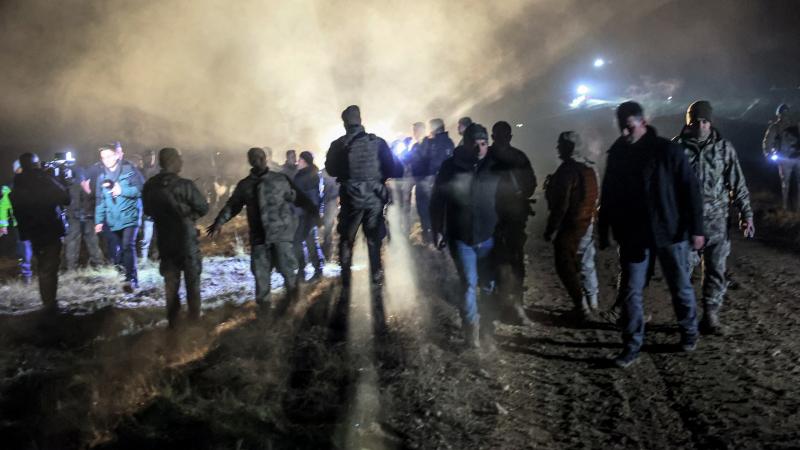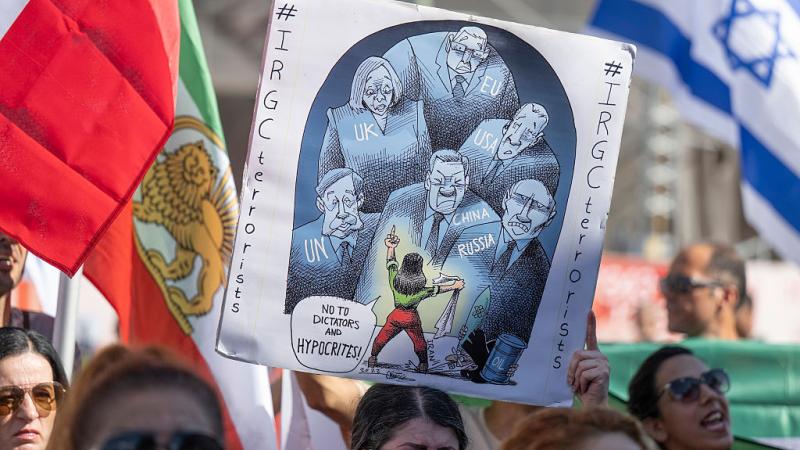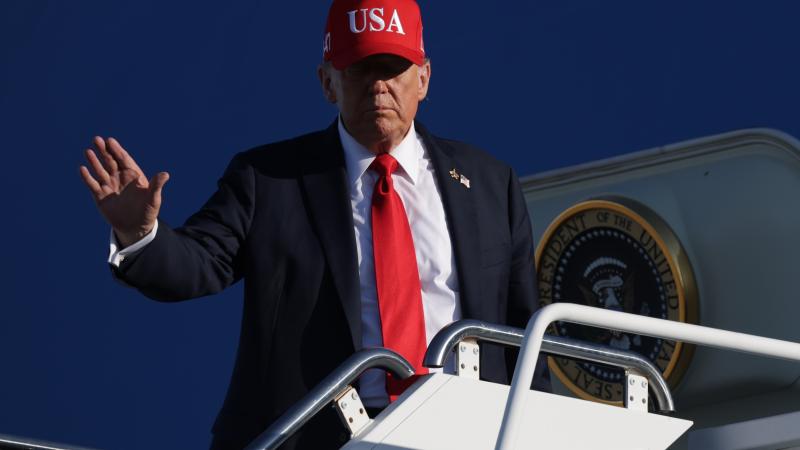United Nations Iranian arms embargo expires, despite objections from U.S. and Arab Gulf states
U.S. intelligence is predicting Iran will now attempt to buy a number of Russian military vehicles.
A United Nations arms embargo on Iran expired Sunday, despite objections from the U.S., which campaigned adamantly to keep the ban in place.
The 10-year embargo previously prevented Iran from buying foreign weapons, such as tanks and fighter jets. The Middle Eastern nation says it will refrain from going on a "buying spree."
Iran's economy is struggling as a result of a series of expansive U.S. sanctions and the coronavirus pandemic.
The Trump administration has also made it clear that any nation selling weapons to Iran or importing military products from Iran will be penalized.
Secretary of State Mike Pompeo rejected the expiration of the embargo in a statement.
"The United States is prepared to use its domestic authorities to sanction any individual or entity that materially contributes to the supply, sale, or transfer of conventional arms to or from Iran, as well as those who provide technical training, financial support and services, and other assistance related to these arms," he said. "For the past 10 years, countries have refrained from selling weapons to Iran under various U.N. measures. Any country that now challenges this prohibition will be very clearly choosing to fuel conflict and tension over promoting peace and security."
The U.S. attempted to get the U.N. Security Council to extend the arms embargo, but only one country on the 15-member panel supported the initiative. The U.S. has since attempted to invoke the "snapback" mechanism, a part of the 2015 Iran Nuclear deal that allows any participant in the accord to reinstate sanctions against Iran, if they determine the terms of the deal are not being met.
The Security Council rejected the U.S. attempt, citing the country's withdrawal from the nuclear accords two years ago.
In 2019, the U.S. Defense Intelligence Agency predicted that, should the embargo end, Iran would likely try to purchase several types of Russian aircrafts and tanks, in addition to Russia's S-400 anti-aircraft missile system.
Despite being outvoted on the Security Council, six Gulf Arab nations backed the U.S. attempt to extend the arms embargo against their neighbor, citing, among other things, the country's shipments of weapons to Yemen. Iran has been steadily arming the Houthi rebels in Yemen, a country in which a devastating civil war has been playing out for years.
The Arab nations also cited the Ukrainian passenger plane accidentally shot down by Iranian forces in January, and the navy accident that occurred this spring, in which Iran accidentally killed 19 of its own sailors.
















